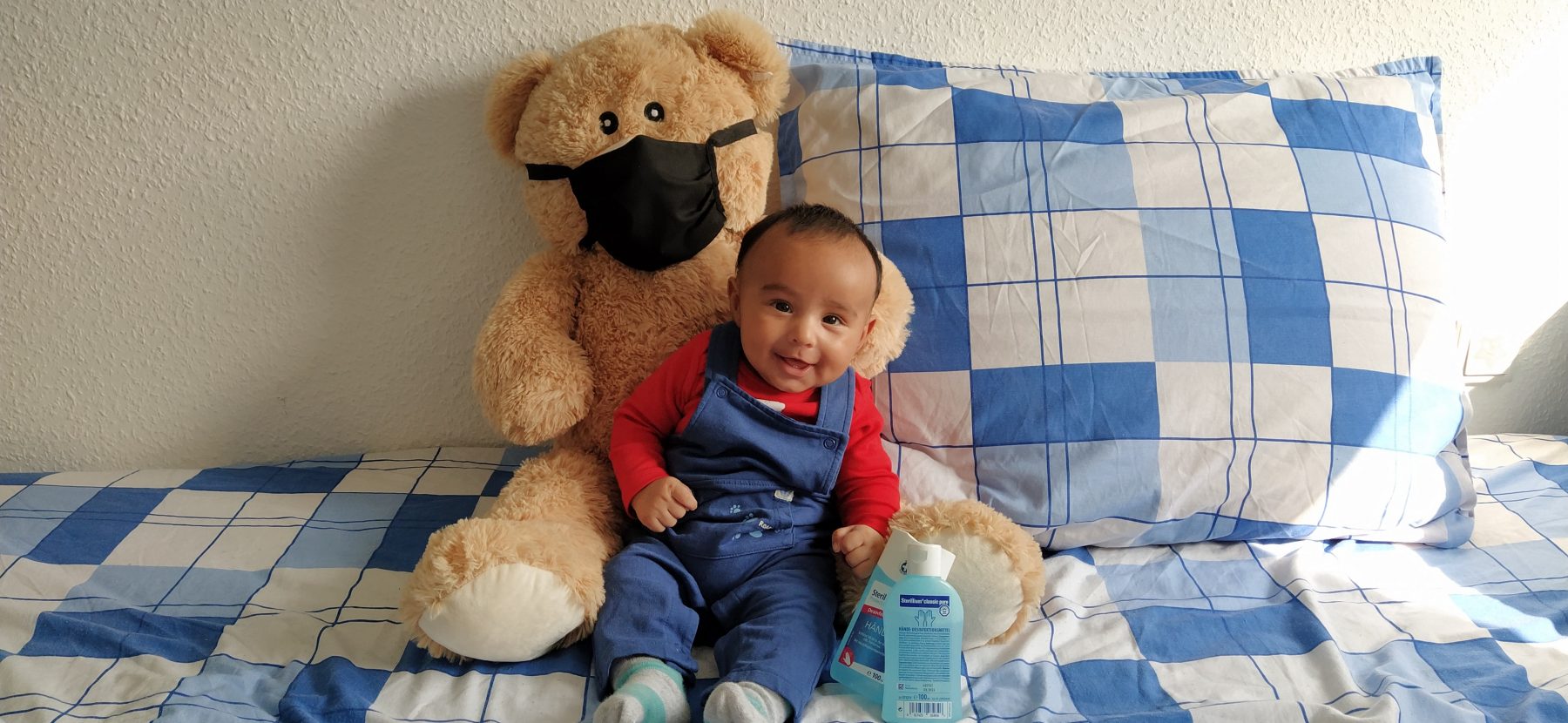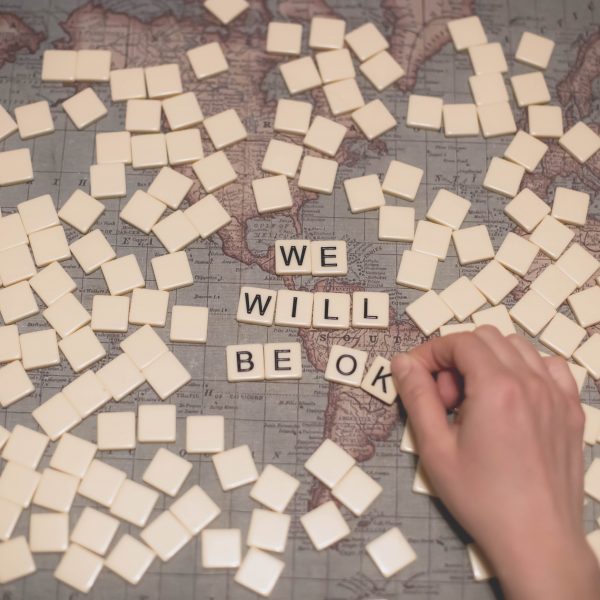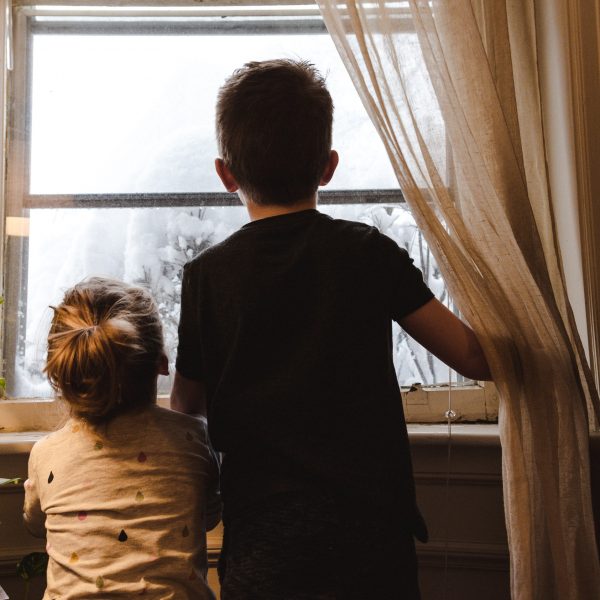To support toddlers through challenging times, Tweddle recommends the 6 Rs

With much of the world facing challenges arising from COVID-19, life as we know it is looking and feeling pretty different. Although they may be smaller, and somewhat sheltered from these changes, babies and toddlers are not immune from the stresses 2020 has brought.
As such, public hospital and Victoria-wide Early Parenting support organisation, Tweddle has shared some resources which may support early childhood education and care (ECEC) professionals and their families to work with some of the youngest and most vulnerable people during the pandemic.
Many families, Tweddle spokesperson Kerrie Gottliebsen said, are worried about how isolation, working from home, child-care disruption and the added pressures of strained relationships and finances are impacting their mental health and the wellbeing of their families, offering the “6 Rs” thinking as a way of scaffolding the support provided during this time.
Intended to scaffold children and families not only through the current challenging times, but also through stressful times in general, the 6 R’s of Routine, Resources, Regulation, Reassurance, Recognise and Resilience serve as a way of keeping the elements of life which can be controlled at the centre, while also supporting children to develop social and emotional regulation through modelling.
Routine
COVID-19 routines and ways of working are not necessarily the ordinary routines which might be encountered in education and care. There may be extra forms, extra cleaning, or a transition in and out of remote learning.
As a result, Ms Gottliebsen said, it’s important to be realistic with what you can achieve during this stressful time.
“Flexibility is important, however routines help babies, toddlers and other family members cope with stress and feel safe and cared for, particularly in stressful times. Routines can help strengthen relationships.”
Where possible, elements of routine should be kept, or adapted. For example, if you would typically read a story with the children at 10 am, can this be replicated online?
Resources
Knowing where to access reliable information can be very reassuring for parents, families and educators, particularly as policy and practice change rapidly in response to the pandemic, and safety measures put in place to cope with it.
Children will pick up on stress, so it is important for educators and families alike to develop a “resource list” which not only helps them to find the information they need from a reliable source, but also human resources to help them feel connected and supported, such as family, friends, community services and other resources.
This might look like:
- A list of telephone or online support contacts for mental health and wellbeing discussions;
- A free audio book subscription such as Borrow Box;
- Online resources that include a menu of support services like Tweddle’s Parent Info Hub;
- Regular and routine Zoom/Face-time/telephone calls with loved ones;
- Mindfulness meditation apps like Smiling Mind;
- Join an online parenting group like Tweddle’s MyTime for parents of children with additional needs or Playgroup Australia;
- Escape to Melbourne’s online zoo, one of Melbourne’s three museums, an MSO concert, a NGV art gallery or the State Library’s kids’ space; or,
- Beyondblue’s Corona dedicated website offers online and telephone support.
Regulation
Being able to regulate emotions takes on increasing importance during times of uncertainty, both for ECEC professionals and for families, who in turn model these skills for children.
Children, Ms Gottliebsen said, are “wired” to look to their caregivers to determine how safe they should feel. If their primary adult is calm, a child feels reassured. But if their adult is upset, the child can feel unsafe, and their body and brain can experience a stress response.
Responding to a child’s needs calmly and consistently will help them to regulate their emotions, a skill they will use for life. Recognising a child’s emotions e.g. feeling angry or worried and encouraging them to share how they are feeling, teaches them how to identify and regulate their emotions by breathing and calming down.
Reassurance
While not all outcomes can be controlled, educators and parents can help children feel safe through reassurance.
This might look like reinforcing that the pandemic is temporary, everything will be ok and that washing hands, staying home and grown-ups wearing masks will help everything return to normal as soon as possible.
For some toddlers and children, facial coverings are confusing and may even be scary. Reminding children that masks help to keep ourselves and others safe, that people won’t need to wear them forever, and that people can still smile, talk and laugh in their mask may help to lessen fears.
Recognise emotions
Educators and parents should try and observe their own emotions during the pandemic with non-judgemental curiosity.
There is a big difference, for example, between saying “I am anxious” and “I am experiencing anxiety”.
To say “I am experiencing anxiety” provides distance between the self and the feeling, and acknowledges that the feeling will pass.
Setting healthy boundaries helps in this space, as well as avoiding exposure to stressful triggers, such as repeated exposure to the news on radio or television which can have an accumulative effect on your stress reserves.
Being able to turn off distractions for extended periods during the day and evening to concentrate on things that encourage relaxation, and having quality interactions with loved ones can allow space to recognise and address emotion.
Resilience
Difficult times are opportunities to engender resilience in children. Resilience for a baby or toddler is learnt when caring adults in their lives demonstrate that people can feel upset and recover, that people don’t need to go through difficult experiences on their own, and that their feelings and emotions are worthy of time and attention.
While things don’t always go to plan, resilient educators and parents are able to engage in self talk, which might sound something like “things haven’t gone to plan today and that’s ok, I feel supported and confident to ask for help, I am a good enough educator/parent and feel positive for the future. I can help the children in my care feel secure”.
By tuning in to the needs of children, caring adults can demonstrate to babies and toddlers that things don’t always go to plan, and that’s ok.
The original version of this information was written by Kerrie Gottliebsen for parents, and has been adapted for ECEC professionals with author permission.
To access the original piece, please see here.
Popular

Workforce
Quality
Research
When did it start to go wrong?
2025-12-18 08:00:46
by Fiona Alston

Quality
Policy
Provider
Emergency Action Notices issued to three South Australian ECEC services over mobile device management concerns
2025-12-18 06:31:16
by Fiona Alston

Quality
Practice
Provider
Kool Kids Helensvale prepares children for summer storm season
2025-12-19 07:30:23
by Contributed Content
















